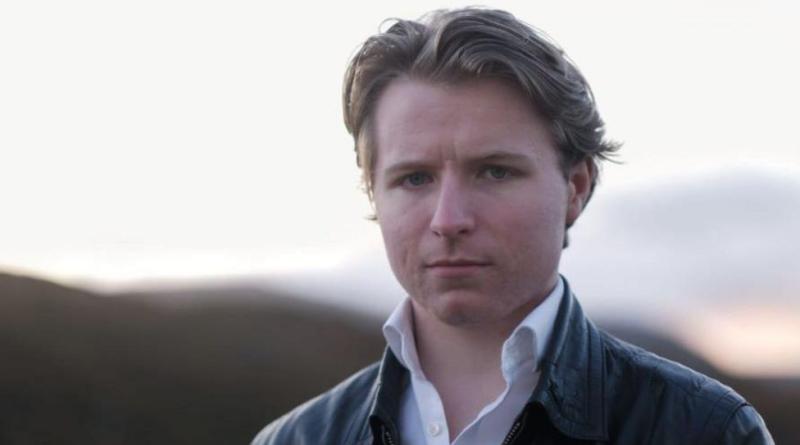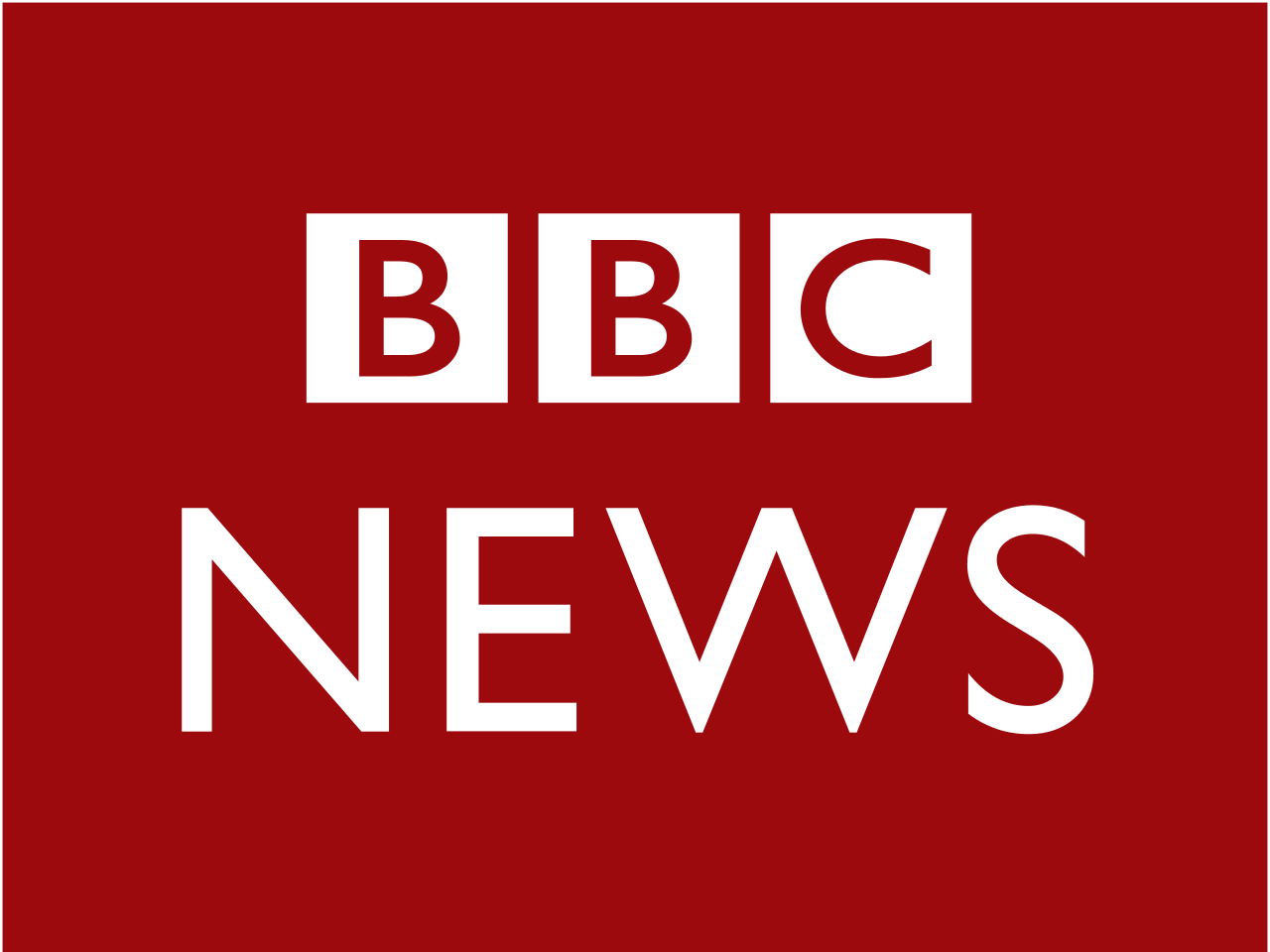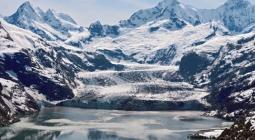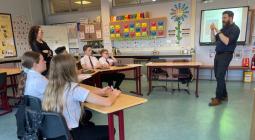Gaelic used to encourage debate on climate threats

What has been described as the world's first Gaelic Climate Convention has taken place in the Western Isles, the language's heartland area.
The event was attended by more than 60 people, and heard islanders' concerns about the impacts of climate change on their communities.
Parts of the islands have been badly affected by storms and coastal erosion in recent years.
The convention also discussed key terminology that could be used in Gaelic language discussions about climate change.
Hamish Scott, 20, from Harris, was among islanders who attended Wednesday's gathering in Daliburgh, South Uist.
He said: "It was the first time several communities up and down the Outer Hebrides had come together to speak about these issues, and in Gaelic.
"It helped them feel at ease because it was the language they either felt most comfortable with, or because it does not have the harshness that English might have in a situation like this."
Mr Scott added: "Quite a lot of the convention involved speaking about terminology and translation of new terms in English.
"Some are quite technical and probably won't be used day to day, but others we are going to see in the news or in reports."
The convention suggested several Gaelic words and phrases for use in discussions and reports on climate change and the environment.
The terms were discussed in-depth, but are not yet official.
Convention organisers said further steps would be taken to develop terminology with the relevant organisations.
Some of the words and phrases suggested were:
-
Climate - Clìomaid/gnàth-shìde
-
Net zero - Neoini lom
-
Rewilding - Ath-stèidheachadh fiadh-thìre/Ath- fhiadhachadh
-
Anthropogenic and anthropocene (words referring to environmental change influnced by human activity) - Ri linn dhaoine/air adhbharachadh le daoine
Mr Scott, whose family have run a hotel in Harris for more than 100 years, said: "Climate change is something we are going to have to think about and the changes that come with climate change.
"Things like how will it affect tourism and how will affect islanders themselves."
Alasdair Mackenzie of Climate Hebrides, which offers education and training on climate change, said Gaelic had always played a crucial role within Hebridean communities.
He added: "But the need to bridge the gap between language and climate change has become increasingly prevalent."
Image: HAMISH SCOTT - Hamish Scott, from Harris, said some islanders found it easier to use Gaelic to discuss challenging issues





